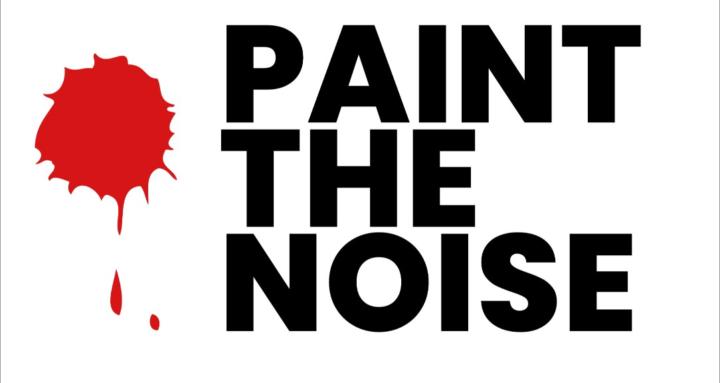Greetings
Hello everyone. I’m Rob and I create Pop/ R&B/ Hip Hop instrumentals. I am learning to critique my production for tv, film, trailers, gaming etc. I joined this community for just that reason. I’ve created music for a very long time freelance and self taught for the most part. But 2026 is the year for me to face my fears and see where my work really stands in the real world. I am so thankful to have found and be accepted into a community like this and am ready to go. I wish to level up in production structure and scoring. I’m all ears. Childlike and willing to learn.
Just checkin in
Yo PTN family whats good! Just checkin in, seeing how everyone’s week is going. What are y’all working on? Feel free to drop some links! 🔥 *Reminder : live music reviews happening on Feb 11th*
Composers!!!!!
Are there any composers in here?? I'm working on a symphony for an orchestra in China and seeing if anyone wants to collab....
1
0
Copyrights
Check this video out about how copyrights are being used and changed https://youtu.be/qSP9b2OnD3o?si=51fT0BtkQCGOshdl
“This Is Your Year, If You Decide It Is”
It’s a new year—2026 is here. And the real question isn’t what year it is…it’s what are you going to do with it? If you’re a composer, sound designer, songwriter, vocalist , engineer or just lover of music, this is your space. Let’s come together as a creative community and be intentional. What is ONE goal you’re committing to this year? Finish an EP? Land your first sync? Build consistency? Collaborate more? Finally release the music you’ve been sitting on? Say it out loud. Write it here. Accountability starts with declaration. As cliché as it sounds—teamwork really does make the dream work. But only if we show up for each other. Drop your goal in the comments, support someone else, and let’s make 2026 a year we can actually point to and say: “I grew.” I created. I followed through.” Lets Build, Kevin

1-30 of 52
powered by

skool.com/ptn-pulse-6707
PTN Pulse is the starting point for serious creators in music and A/V. Real drops, real rhythm, no ego. Just signal... before the Broadcast.
Suggested communities
Powered by





